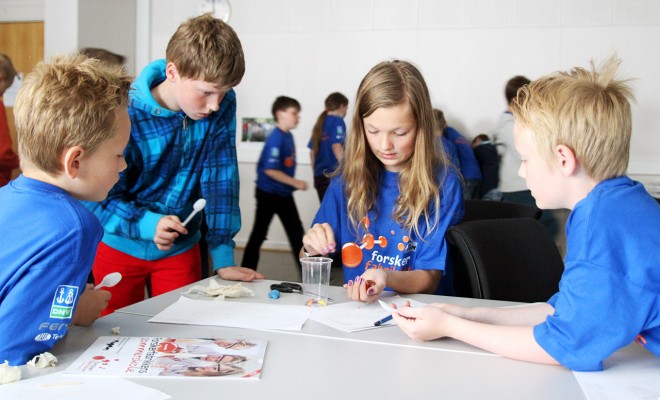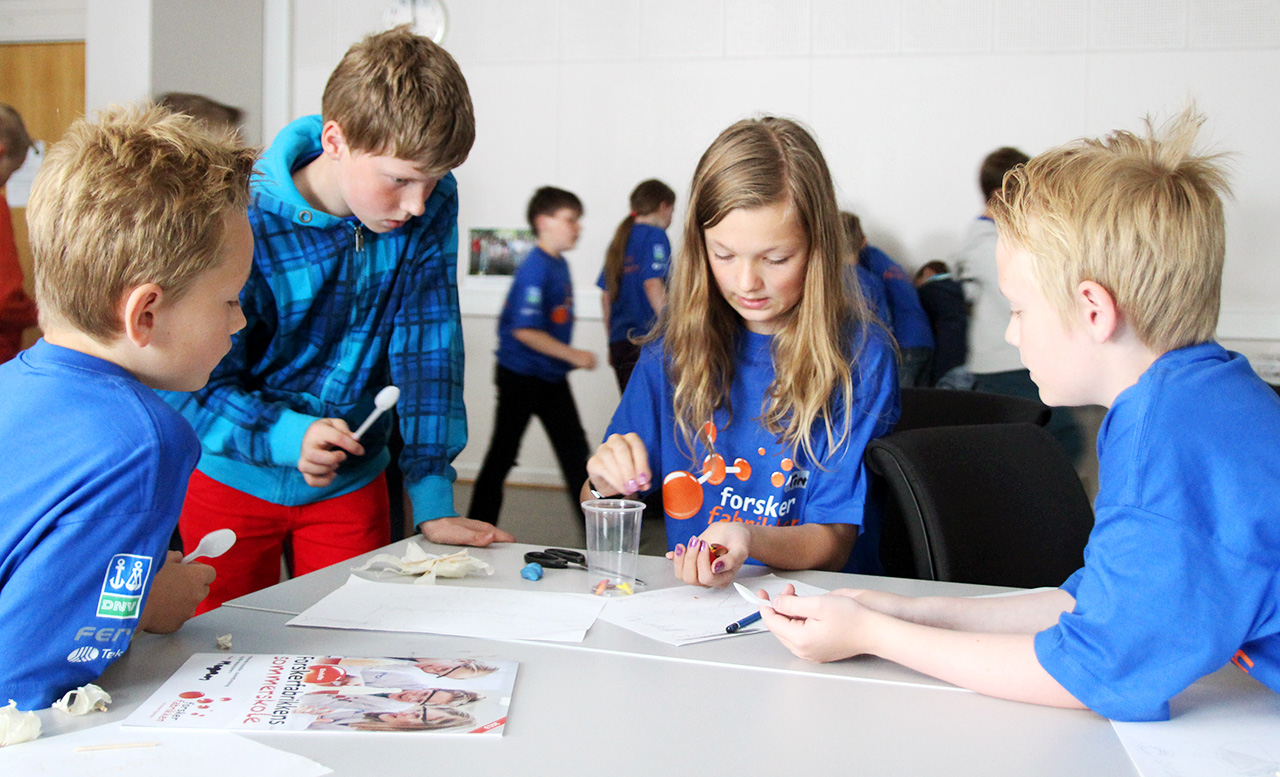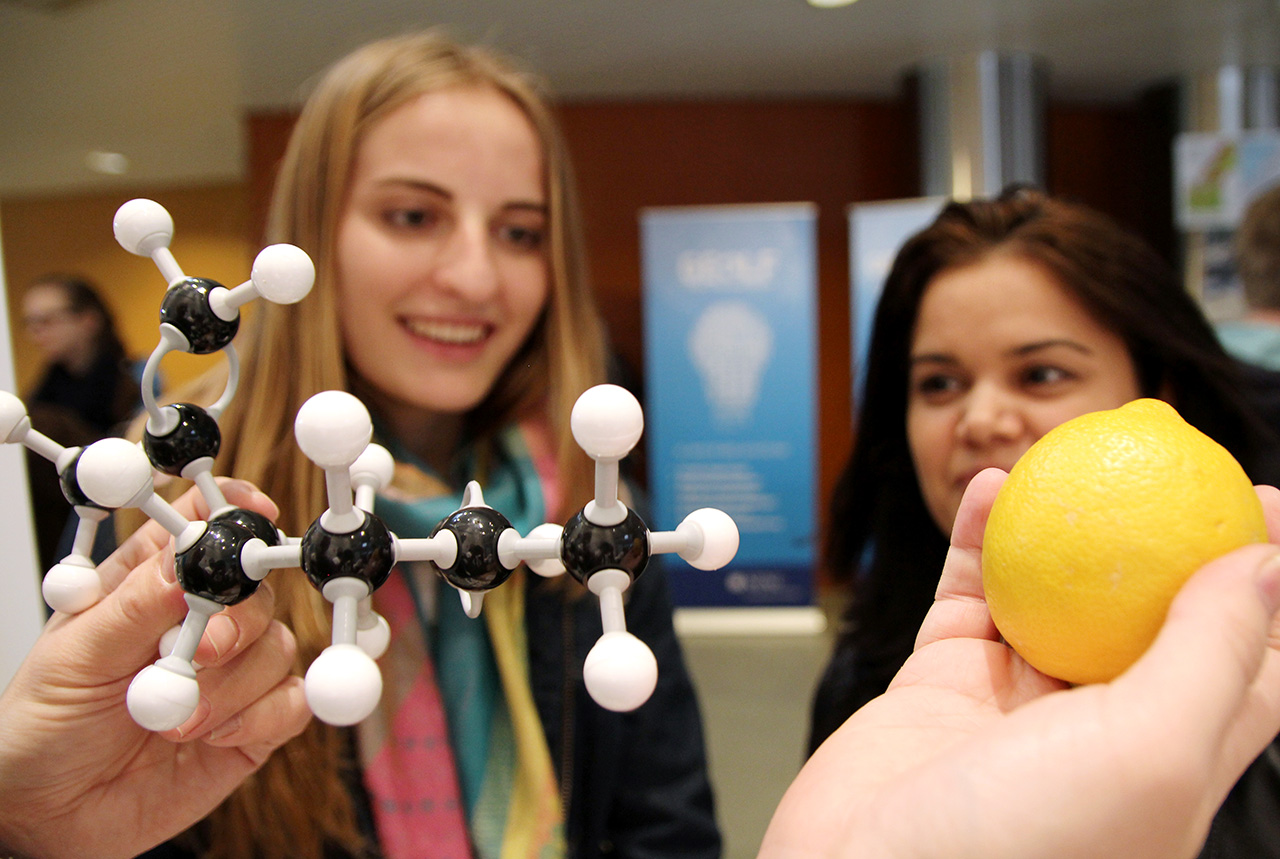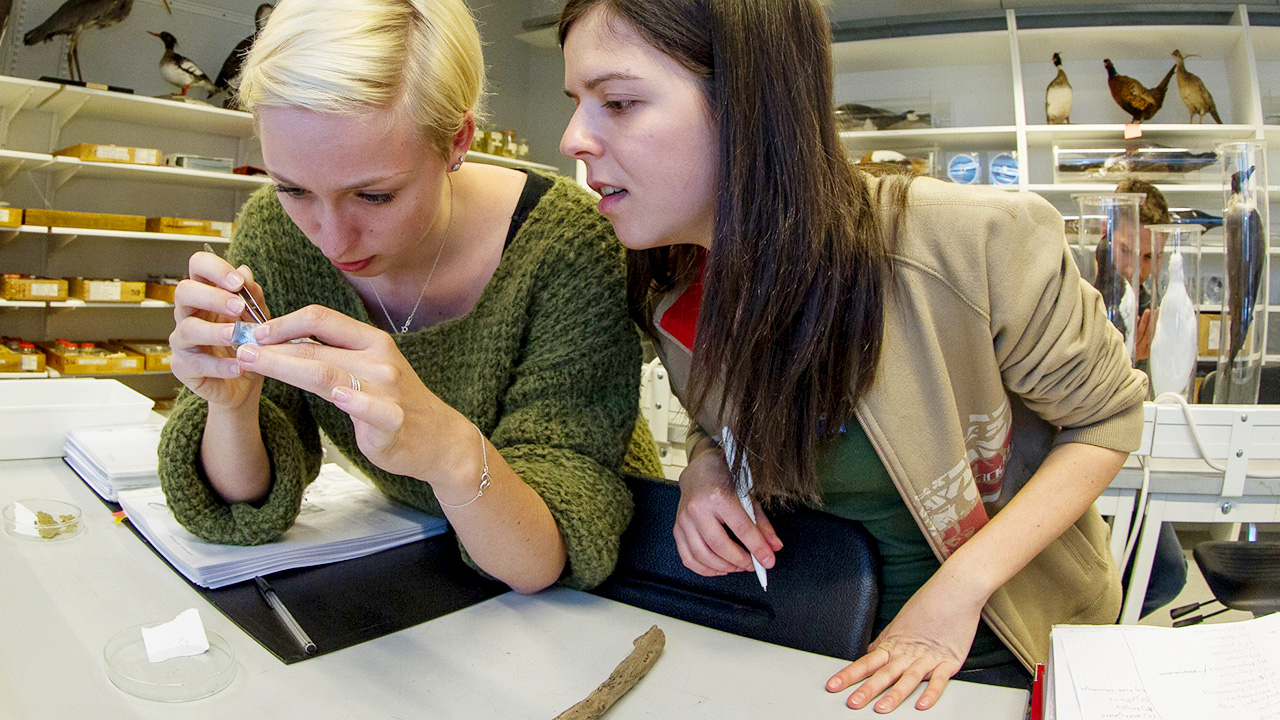If you ask a child “What do you want to do be when you grow up?”, I’m willing to place a fairly generous sum of money on that “Professor” will not be one of the most common answers you’ll get. After all, it is difficult to compete with cool things like astronauts, princesses, and firemen.
But somewhere along the road perspectives change, and perhaps you are one of those that are currently pondering whether or not you should pursue an academic career after completing your Masters- or PhD- degree. What can you expect when taking this road? And how do you make an academic career, anyway?
A fork in the road
Our journey begins at the crossroad encountered at the end of your Masters degree. What now – do you apply for a PhD position or do you go for an industrial job, whether it is in the context of cellphones, oil, or IT-development? A PhD position normally has a duration of 3-4 years in Norway and thus landing a permanent job in a company like Statoil undeniably is more of a safe bet. Moreover, you’ll likely get paid more money there.
A unique opportunity
Then why choose a PhD degree? I’ll tell you one thing – if I could make the choice again, I still wouldn’t have taken an industrial job even if it paid twice as much as a PhD position. Heck, I wouldn’t have taken it if it paid three times as … weeell, maybe I shouldn’t be too hasty …
The point is that obtaining your PhD degree is a completely unique process and cannot be compared to most of other jobs that may be relevant for you after having obtained your Masters-degree. Think about it – as a PhD candidate, you will get paid to have the freedom and time to utterly absorb yourself in a topic that fascinates you and learn all there is to know about it. The result? You will become an expert on a national, and possibly international (depending on how well you do), level in your field of research. Doing scientific research is like opening the pages of a book that has never been read before – you are discovering new things and, importantly, get the exciting privilege of sharing these news with the rest of the world. Yes – the rest of the world – your scientific publications will be read by hundreds of other researchers, young and old, all across this globe.
It is important to underline that after you have obtained a PhD degree, you’re still highly attractive on the industrial job market – and probably even more so compared to if you “only” had your Masters-degree. Holding a PhD degree certainly doesn’t hurt your chances of landing a permanent position outside of the academic environment.
 100% of your time on your research
100% of your time on your research
But what if your thirst for knowledge does not end after your PhD degree – what if the answer to the question “What do you want to be when you grow up?” actually is starting to look alarmingly much like “Professor”? The next step in your pursuit of an academic career would be to enter a so-called postdoctoral (postdoc for short) position. At this point, you will be able to work much more independently as a researcher than you were able to do at the beginning of your PhD studies and it is likely that you will produce some of your finest research work during this stage of your career. You will not have any mandatory courses to attend or lectures to give – you can devote 100% of your focus to research. Trust me, this is something you will miss later on when administrative duties as a lecturer or professor become more time-consuming, leaving less opportunity for sitting down on your own and being creative. Don’t worry, there are up-sides as well later on and I’ll get back to those.
The postdoc stage is quite critical in your career. It’s basically do-or-die: now is the time to show that you have what it takes in terms of being able to come up with new ideas and produce interesting and relevant research, ultimately proving that you are worthy of a permanent position at the university. It is also a stage which seems to scare many graduated PhD candidates – in my experience, very few of the young men and women that obtain their PhD degrees at the Department of Physics where I belong choose to continue down the academic track. There are probably a few reasons for this. One is that postdoc positions are typically short, temporary positions ranging from 1-3 years in duration. That doesn’t offer much stability, which may be an important factor for you if you have or are about to establish a family. Moreover, it is strongly encouraged to do your postdoctoral work somewhere else than you did your PhD work, simply because you get exposed to different research environments and get to acquire new expertise. This can pose a practical obstacle. However, that does not mean that it is impossible to make it if you stay at the same institute as a postdoc due to e.g. family reasons, which I personally did. With that said, given that you have the opportunity to do so, I would encourage you to go abroad – meet new people, see new places, and learn new things that will allow you to develop faster scientifically than if you stayed at your alma mater.
A versatile job
If you work hard in a persistent manner, you will obtain qualifications that allow you to apply for a permanent position at a university: associate professor (førsteamanuensis) or professor. I’m not going to tell you that it is easy to get such a job – but I will tell you that it is worth all the blood and sweat that you need to put into getting it. One thing to note straight away is that it is a really diverse job, in contrast to what many seem to think – you get to teach, do research, supervise younger promising researchers, lead large international projects, and be a spokesperson for your particular field of research and science in general (for instance by writing blog-entries like this). It tests you in many ways, both intellectually and on a personal level – you shouldn’t think of professors as solemn, gray figures sitting in their offices and only peeking out once in a while – it is a truly dynamical profession which requires a lot of interaction with both colleagues and students. To witness your PhD candidate develop from a rookie learning the ropes during his or her first fumbling year into a solid researcher that will turn the tables around and starting teaching you things in the final year is an incredible experience.
Obviously, I cannot hope to encompass all aspects of the academic path in this blog-entry, but perhaps you have a better idea of what to expect if you should choose to pursue this career. It’s not an easy road – but hey, it usually isn’t if something is worthwhile.




